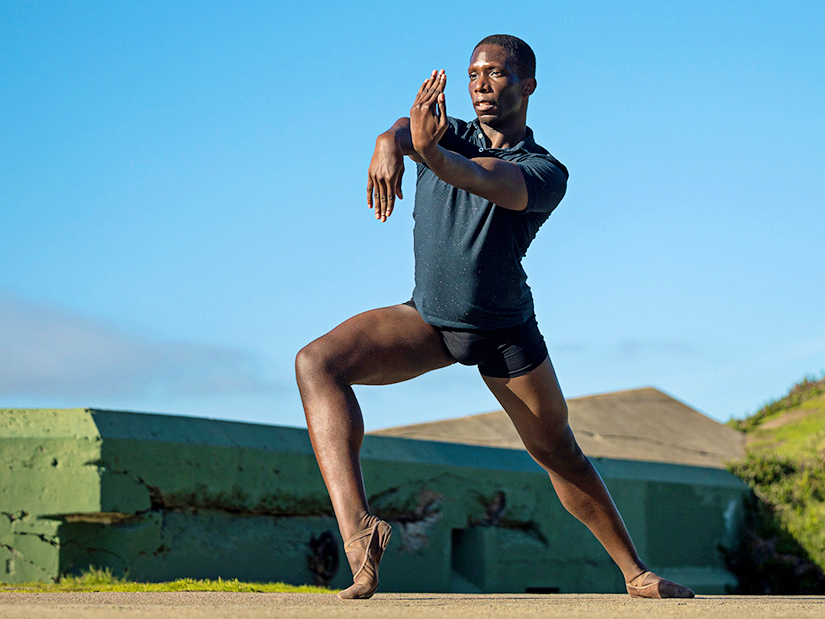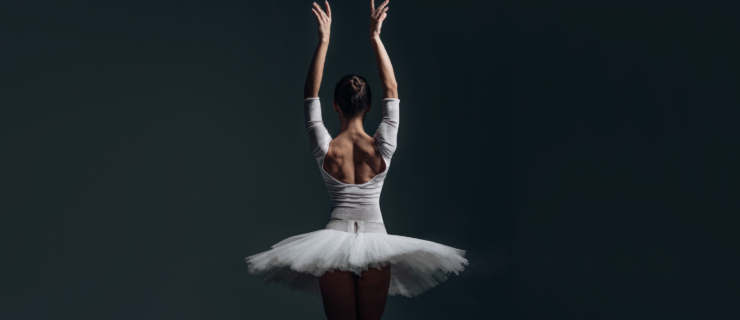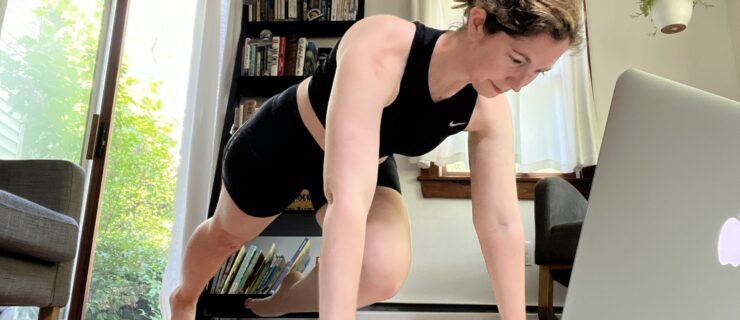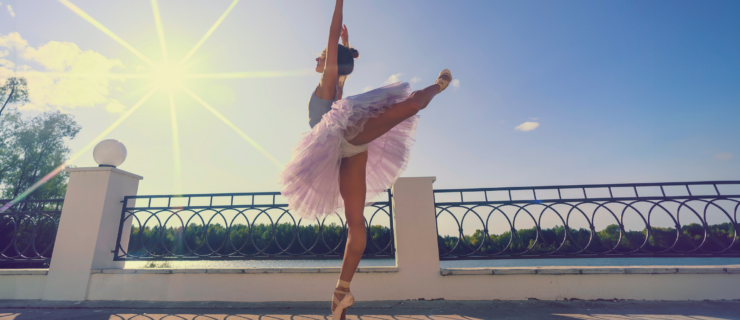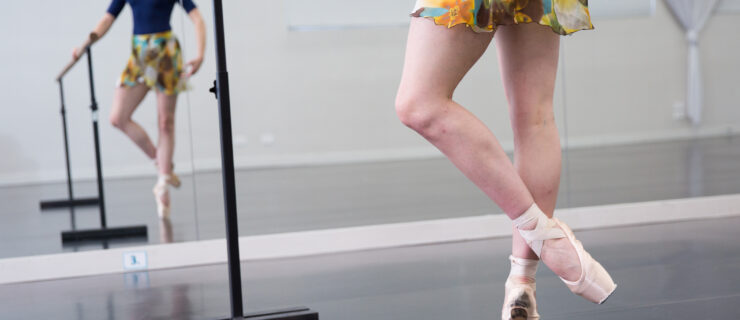How to Find Your Purpose—and Your Power—as a Ballet Dancer
Between teachers, artistic directors, choreographers and the audience, ballet dancers have a lot of people to please. Advancement in a school or company is usually dependent on meeting—or exceeding—their expectations. The immense pressure to please other people can trigger anxiety that drowns out the enjoyment of dancing, and for many artists that feeling intensified over 2020 and 2021’s 18 months of isolation. “During the pandemic, I got into a bad mental place,” recalls Atlanta Ballet dancer Jessica He. Without the regular schedule of company class, full rehearsal days and performances, He felt like she was no longer measuring up to her own standards. “Comparing myself to my previous level of dancing was affecting my anxiety in a negative way. It was paralyzing.”
His struggle has been common during the pandemic, says Josh Spell, the consulting therapist at Pacific Northwest Ballet School. “It started in the summer of 2020. Students and company members talked about a lot of self-doubt, like ‘I am not good enough,’ or ‘My technique is not up to the level of others’,’” he reports. And, ironically, as excited as dancers are to return to in-person school and company life, for many those emotions have accelerated again as they readjust to the in-person scrutiny of instructors, company leadership, audiences and even their peers.
Those feelings are natural, says Spell, but there are ways to cope with, and thrive under, the inevitable pressures of ballet life. The keys are reconnecting with your internal motivation and building a sense of personal agency while still striving for your goals.
The Pressure to Please
Ballet dancers rarely feel in control of their destiny, and many index their sense of satisfaction to the external feedback they receive. It’s easy to understand why: They face gatekeepers at every level of training and professional life, from pre-professional teachers to artistic directors and choreographers. Even their own bodies can feel like a limiting factor, particularly in the case of a stubborn injury.
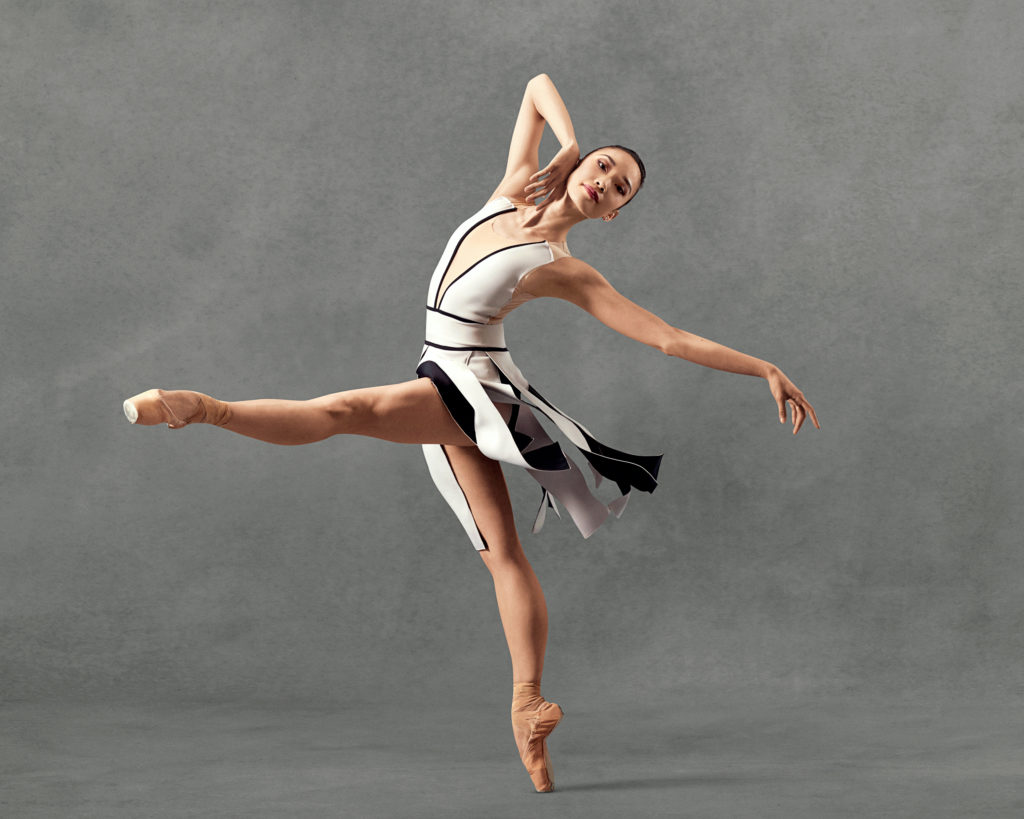
“Those are universal truths in ballet,” says Rubén Martín, a former principal dancer at San Francisco Ballet and now the principal teacher in the Pre-Professional Division of ABT’s Jacqueline Kennedy Onassis School. “The physical pain, how the director sees you, even looking at yourself in the mirror or on video—those are things that we have to deal with that many other professions don’t.”
Indeed, a dancer’s own self-judgment can be as significant an issue as the daily external evaluations. For He, seeing her pre-pandemic self on video triggered her anxiety. Atlanta Ballet artistic staff used footage of her Arabian variation as the example during rehearsals for its upcoming Nutcracker. “I looked really free, and I trusted my body,” says He. “I felt the pressure to pick up where I left off, even though I know it’s unrealistic.”
Reconnect to Your “Inner Why”
Discovering and nurturing your unique sense of purpose is the first step toward developing a healthy resilience to external judgment and self-criticism, says Spell. He calls it the “inner why.” “Why did you start dancing in the first place? Tap into the reason,” he says. “We need outside individuals to point out our blind spots, but if we rely too much on what other people think, it invalidates our own sense of who we are. Because dancers sacrifice a lot, and that intrinsic motivation makes it all worthwhile.”
That approach may seem frivolous because it focuses on a personal, emotional quality rather than a technical accomplishment that a teacher or director can evaluate. But Martín encourages it in his pre-professional students. “Every couple of weeks I say, ‘Close your eyes, take a step back and find that spark that motivated you.’ You have to find that truth within yourself.”
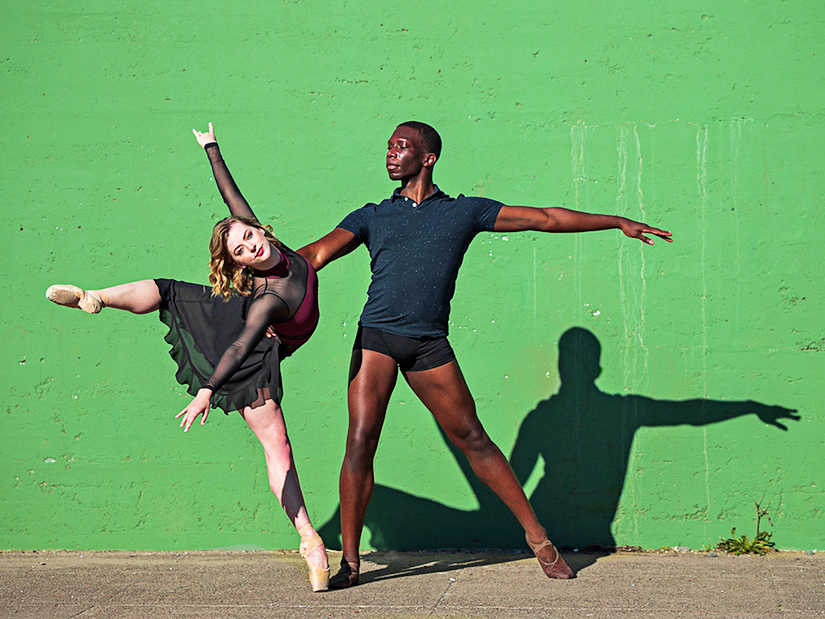
Smuin Contemporary Ballet dancer Brandon Alexander agrees. He recalls some advice he received from his childhood teacher: “She told me to never forget about the little boy that auditioned to get into the school. At the end of the day, you’re left with yourself, so it’s important to nurture that as much and as often as you can.”
During the lockdown, Alexander deepened his own sense of purpose by listening to music, reading literature and watching movies. “It expanded my mind beyond what I thought I needed as a dancer.” he says. “It’s such an archaic way of thinking, that if you’re not solely devoted to ballet, then you’re not serious. But wanting to become a full person doesn’t make you any less serious, and it will enrich your entire career.”
Take the Lead Role in Your Life
“In this career there are so many things that are not under your power,” says Martín, “but ultimately you have ownership of your life and your career.” That idea may feel alien, but, says Spell, it’s entirely possible—even essential—for ballet dancers to build a sense of their own agency.
Spell asks dancers to do an exercise called Circles of Control. He provides a sheet of paper with two concentric circles: In the outer circle, dancers write down the stressful factors over which they have no control, such as their schedules, frustrating pas de deux partners and casting; in the inner circle, they write down the things that are in their control—many of which they’d never thought of before. “You get to choose how early you arrive at the studio, what warm-up exercises you do, what kind of meal you eat before. Even bringing awareness to that, a light bulb can go off. All of a sudden it’s like, ‘Oh, I have choice in how I show up and how I value myself.’”
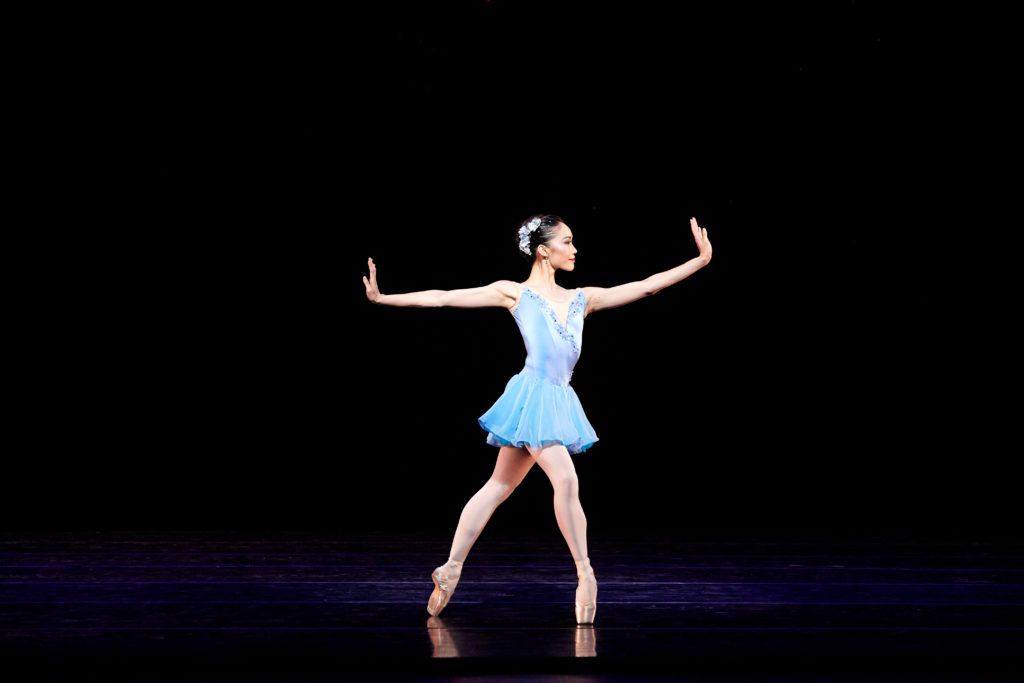
Building that awareness is a powerful tool for coping with the inevitable stresses of a dancer’s life. “Having to fit into the costume, learning the rep—all that stuff. If I get too wrapped up in all of that, then I can’t focus,” says Alexander. When he feels overwhelmed or frustrated, he first acknowledges that he’s having a hard day, then identifies simple things that he can control, such as focusing on having clean technique during class or asking a colleague for help with a rehearsal correction. “That in and of itself is an accomplishment, because you weren’t feeling great, but you didn’t give up—you still managed to find something within that class, or that rehearsal, or that day, that made it worthwhile for you.”
For He, who worked through her challenges with mental-health support, developing a personal sense of control has been liberating. “What is the point of feeling so awful for no reason? You can’t do anything except what you can, to the best of your ability. That realization has actually freed me in my life and in ballet.” Those skills have empowered her as she prepares for her signature role in the Arabian variation. “Normally, feeling this pressure again, I probably would have had a couple of breakdowns,” she says. “But I’ve been able to stop and work through it, not just let the emotions take over. I’m pretty proud of that.”
